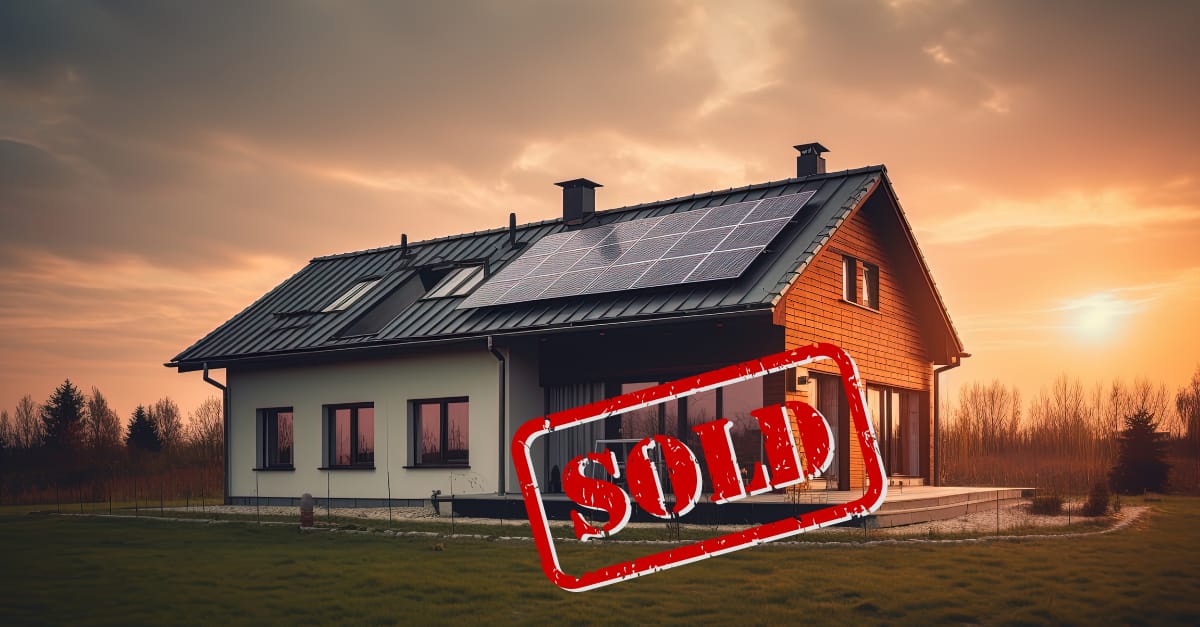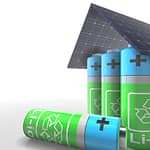Buying a Home with Solar Panels: What You Need to Know About Savings, Roof Upgrades, and Long-Term Value
When purchasing a home with solar panels, it’s essential to understand the value and implications of the solar system already installed. As electricity prices continue to rise, having solar panels can provide significant savings and enhance the value of your home. However, there are crucial factors to consider to ensure you make the most of this investment. Here’s a comprehensive guide to help you navigate buying a home with solar panels, including benefits, potential challenges, and important questions to ask. (Click for Removal Quote)
1. Understanding the Value of Solar Panels
Cost Savings
One of the primary advantages of solar panels is the potential for reduced electricity bills. Solar panels generate electricity from the sun, which can lower your reliance on the grid and decrease your monthly energy expenses. Over time, these savings can accumulate, offsetting the initial cost of the solar installation and adding financial value to your home. Furthermore, with electricity prices increasing by around 20% over the past two years, homeowners without solar panels have little control over future hikes, making solar an attractive alternative for cost stability and energy independence.
Increasing Home Value
Homes with solar panels are often more attractive to buyers, especially as energy costs rise and environmental concerns become more prevalent. Solar panels can increase your home’s market value, making it a more appealing property in the real estate market. This added value can be especially significant if the system is well-maintained and provides a good return on investment.
2. Key Considerations Before Buying
Roof Age and Condition
Before finalizing your purchase, assess the condition and age of the roof. Solar panels are typically installed on roofs with several years of remaining lifespan. If the roof is old or needs replacement soon, it might be worth negotiating with the seller to address this. Replacing a roof can be a significant expense, and installing new panels on an old roof may not be cost-effective.
Removal and Reinstallation Costs
If the home’s roof requires replacement, you may need to temporarily remove and later reinstall the solar panels. Understand the costs associated with this process, as it can impact your overall investment. Ensure that these costs are factored into the purchase price or addressed with the seller to avoid unexpected expenses.
Solar Panel Condition, Warranty, and Lifespan
Check the condition of the solar panels and inquire about any warranties or maintenance records. Solar panels typically last between 25 and 30 years, with a gradual decrease in performance over time. While some systems can function beyond 30 years, their efficiency diminishes. A well-maintained system with a valid warranty can provide peace of mind and ensure reliable performance for many years to come.
3. Evaluating Savings and Performance
Energy Savings Over Time
Analyze the potential energy savings based on the current electricity rates and the solar system’s output. Many solar panel systems come with performance reports that can help you estimate the savings you’ll realize over the months and years. With electricity prices rising and fossil fuel costs contributing to this instability, solar can help you lock in predictable energy costs. Compare these figures to your current energy costs to gauge the financial benefits.
Solar Battery Backup Option
Consider whether the home includes a solar battery backup system or if you might want to add one. Solar batteries store excess energy generated during the day for use at night or during power outages. This can enhance the value of the solar system and provide additional savings and security, especially in areas with unreliable power grids.
4. The Growing Importance of Renewable Energy
Rising Energy Costs and Dependency on Fossil Fuels
The U.S. has seen a significant rise in energy prices, driven in part by increased demand, supply chain disruptions, and reliance on fossil fuels. Roughly 60% of electricity in the U.S. comes from fossil fuels such as natural gas and coal. Many of these fuels are imported or tied to volatile international markets, making energy prices unpredictable. As fossil fuel resources deplete and global markets fluctuate, prices may continue to rise, placing more financial pressure on households.
Outdated Energy Infrastructure
The infrastructure of many electricity providers is aging, leading to inefficiencies and service disruptions. A shift toward renewable energy, particularly solar, not only offers more stable energy costs but also reduces the strain on aging grids. Homes with solar panels are contributing to a more sustainable and resilient energy future, reducing the demand for fossil fuels and supporting the transition to clean energy.
Energy Independence
Installing or purchasing a home with solar panels offers an invaluable opportunity for energy independence. By generating your own electricity, you can reduce or eliminate your reliance on the grid, protecting yourself from rising costs and external factors such as energy shortages. Looking toward the future, owning your energy source may become increasingly important as global energy markets face mounting uncertainty.
5. Final Thoughts
Buying a home with solar panels can be a wise investment, offering long-term savings, increased property value, and energy independence. However, it’s crucial to thoroughly evaluate the system’s condition, the roof’s age, and potential costs associated with maintenance or upgrades. Understanding how solar panels protect you from rising energy costs and the instability of fossil fuel markets can help you make an informed decision. With the right information, you can enjoy the benefits of a solar-powered home for decades to come.



